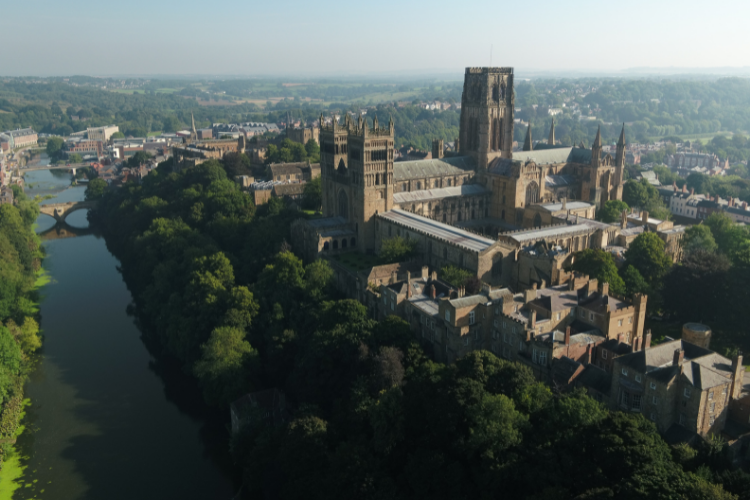Syriac and Aramaic
Syriac is a dialect of Aramaic that emerged in Edessa (modern Urfa, in Southeastern Turkey) in the first century CE. Syriac was first put into writing within the post-Seleucid kingdom of Osrhoene, but later flourished in the Roman and Sasanian empires and along the Silk Road. In addition to an extraordinarily rich epigraphic, numismatic, and figurative record, Syriac produced a vast body of literature, much of which is still in need of systematic academic attention despite its fundamental importance for the study of ancient and medieval history, philosophy, and literature, as well as early Christianity and Islam. The surviving body of Syriac literature is monumental and diverse, and is especially notable for its poetry, its historiography, its hagiography, and its theological writings, but also for a huge corpus of Syriac translations from Greek that made Syriac a fundamental intermediary language in the transmission to the Arabic-speaking world of Greek philosophy and science.
Prof. Alberto Rigolio has published on a number of Syriac translations of Greek texts (Aristotle, Plutarch, Lucian, Themistius), as well as on the origins of Syriac literature and on the historical Syriac sources that are available for the study of the Roman Near East. He is currently working at a history of Syriac rhetoric, and at a monograph on Syriac education and culture in the first six centuries CE that focuses on the intersections of the Syriac civilization with the Graeco-Roman world.
Students in Classics and Ancient History are encouraged to learn about Syriac through the available modules in history and culture (CLAS44430 Edessa: The Athens of the East) as well as language (offered as an Independent Research Topic and THEO2061 Syriac). MA and PhD students with interests pertaining to Syriac studies are able to pursue their research in Durham with the supervision of an academic team that may include Dr Jan Dochhorn (Biblical Studies), Prof. Ted Kaizer (Roman Near East), and Prof. Alberto Rigolio (Syriac literature and history).
The Roman Household during Late Antique Church Conflicts
PI: Dr Karl Dahm
Focusing on the contrasting social milieus of Constantinople and Syria, this project reshapes our understanding of the role that family relations played during intra-Christian divisions from the fourth to the early seventh century.
Syriac Manuscripts and the Construction of Culture: Para-biblica in the Late Antique and Medieval Middle East
PI: Dr Jacob Lollar
The project’s approach relies on methods of the "New Philology" (NP), which focuses attention on the material context in which the narratives were embodied. In contrast to traditional methods of modern text editions and analysis, NP focuses on the material artifact (the manuscript), acknowledging that the material forms part of the meaning and function of the text.
The Rise of Syriac
PI: Prof. Alberto Rigolio
This project pioneers a holistic approach that brings together literature, and epigraphic, documentary, and numismatic materials in Greek and Syriac, and argues that the rise of Syriac should be understood in the broader context of encounters with Greco-Roman culture, literature, and thought. It tracks Syriac from its earliest writing in the local Kingdom of Edessa to its development as a literary language across Eastern Roman provinces.
Staff working in this research area
Learn more about our colleagues who work in the area of Syriac and Aramaic.
Dr Karl Dahm
Prof. Ted Kaizer
Dr Jacob Lollar
Prof. Alberto Rigolio
Transformative Classics
Classics at Durham explores the myriad cultures and contexts of the ancient Mediterranean world, from ancient Greek philosophy to Latin linguistics. We engage in collaborations across the humanities, sciences, and social sciences to develop innovative research methods and techniques.
Transformative Humanities
Discover the Faculty of Arts and Humanities' new Transformative Humanities framework which brings together distinctive approaches to humanities research and education within the academy and across a wide range of partners and communities.
Find out more
Publications
Read the latest books written and edited by colleagues in our department.
Meet our staff
Learn more about the work and research specialisms of our colleagues.
Postdoctoral research funding
Find out about fellowship and scholarship opportunities to undertake research at Durham.
Events and seminars
View our events calendar for the latest research seminars and workshops.


/prod01/prodbucket01/media/durham-university/departments-/classics-and-ancient-history/47302-3941X1553.jpg)
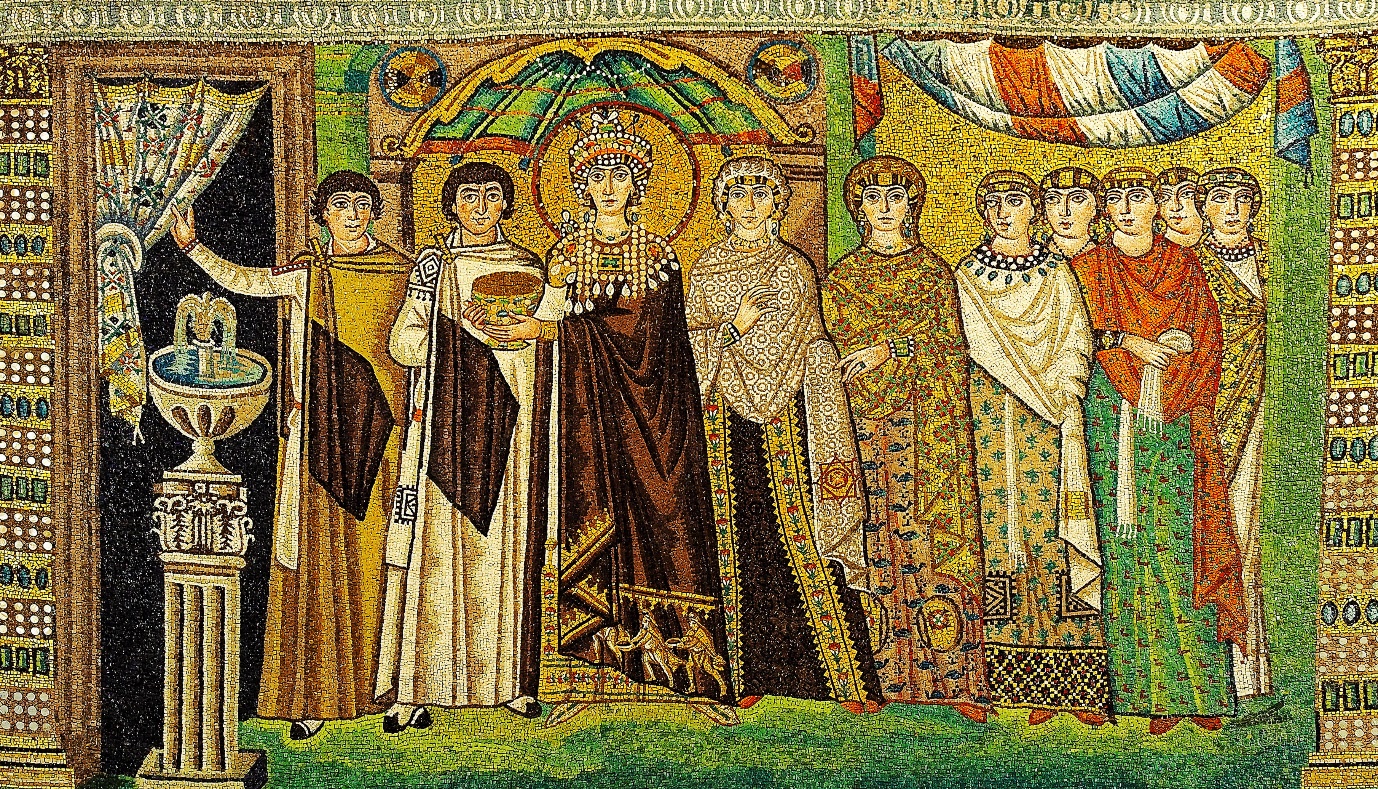
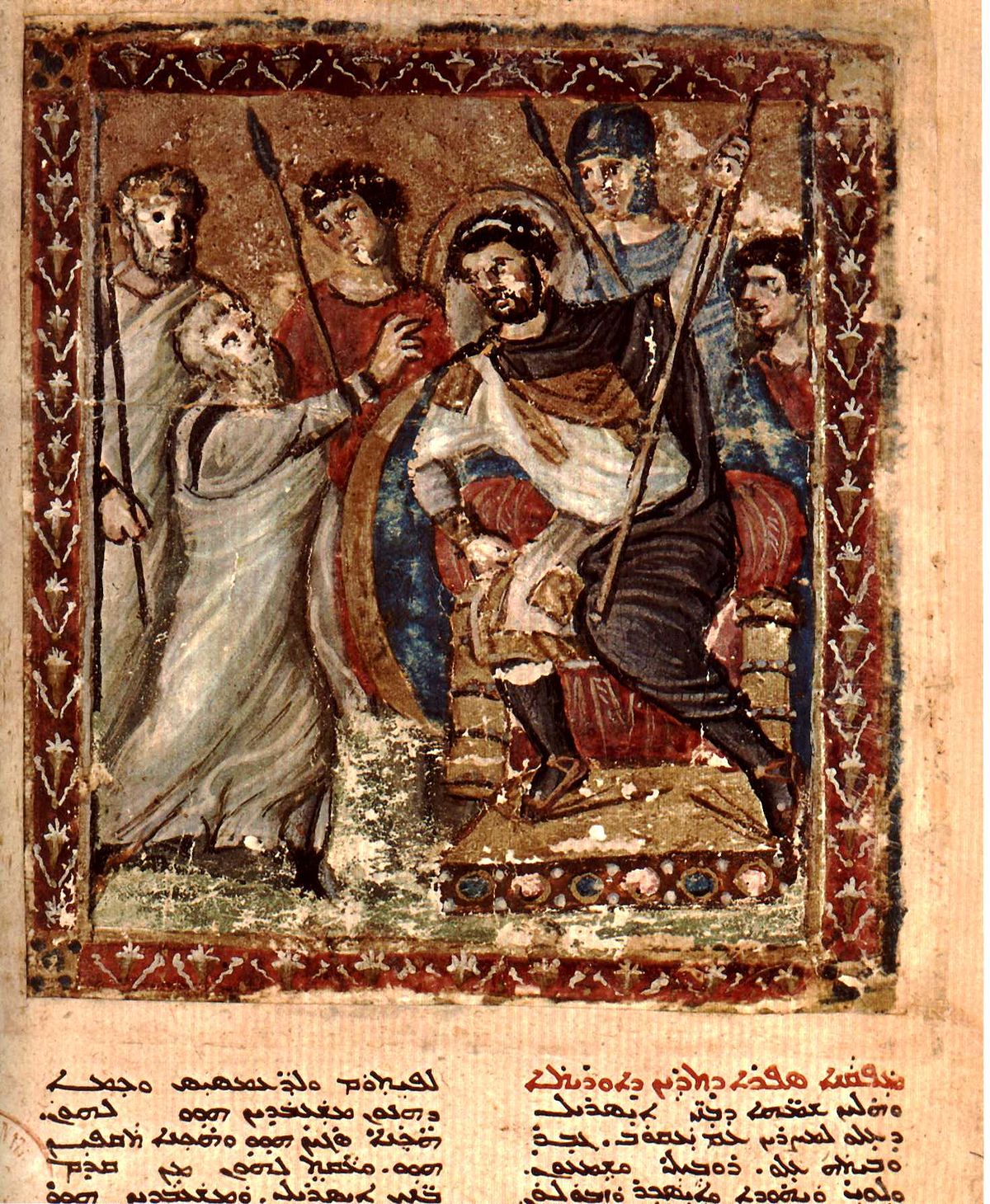
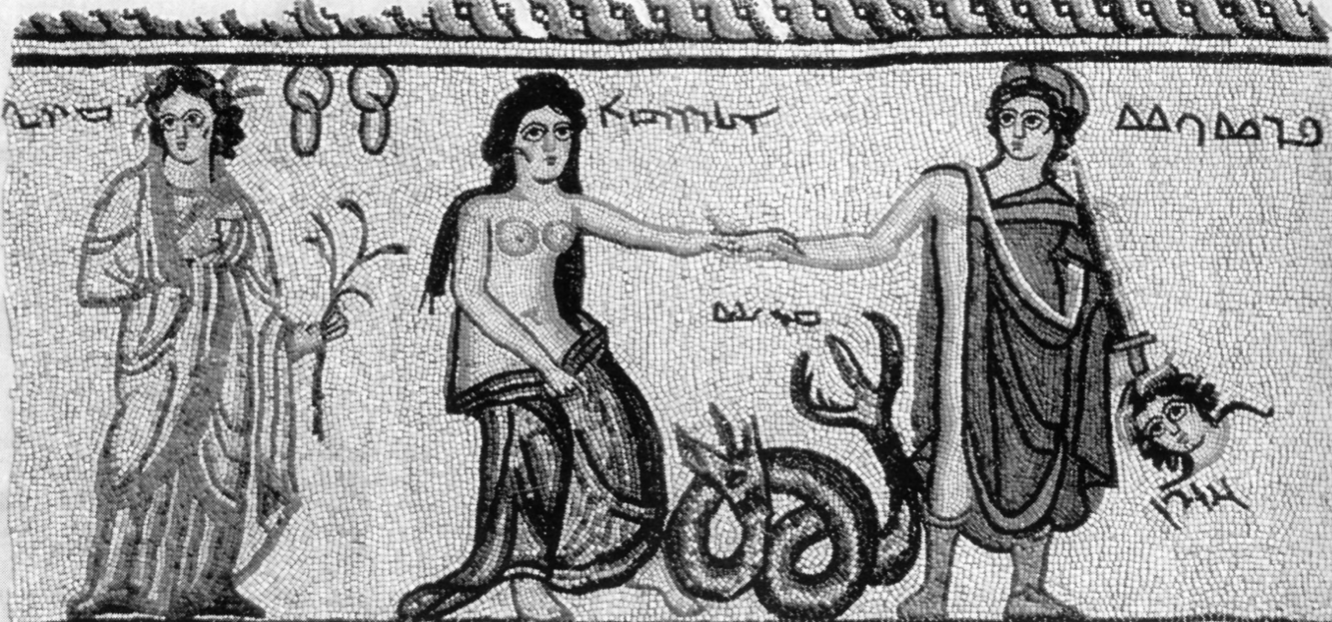
/prod01/prodbucket01/media/durham-university/departments-/classics-and-ancient-history/staff-images/dahm.jpg)
/prod01/prodbucket01/media/durham-university/departments-/classics-and-ancient-history/staff-images/kazier.jpg)
/prod01/prodbucket01/media/durham-university/departments-/classics-and-ancient-history/staff-images/lollar.jpg)
/prod01/prodbucket01/media/durham-university/departments-/classics-and-ancient-history/staff-images/rigolio.jpg)

/prod01/prodbucket01/media/durham-university/research-/research-institutes/institute-for-medical-humanities/books-2241631_1280.jpg)
/prod01/prodbucket01/media/durham-university/departments-/classics-and-ancient-history/Classics1611Jun-05-2023.jpg)
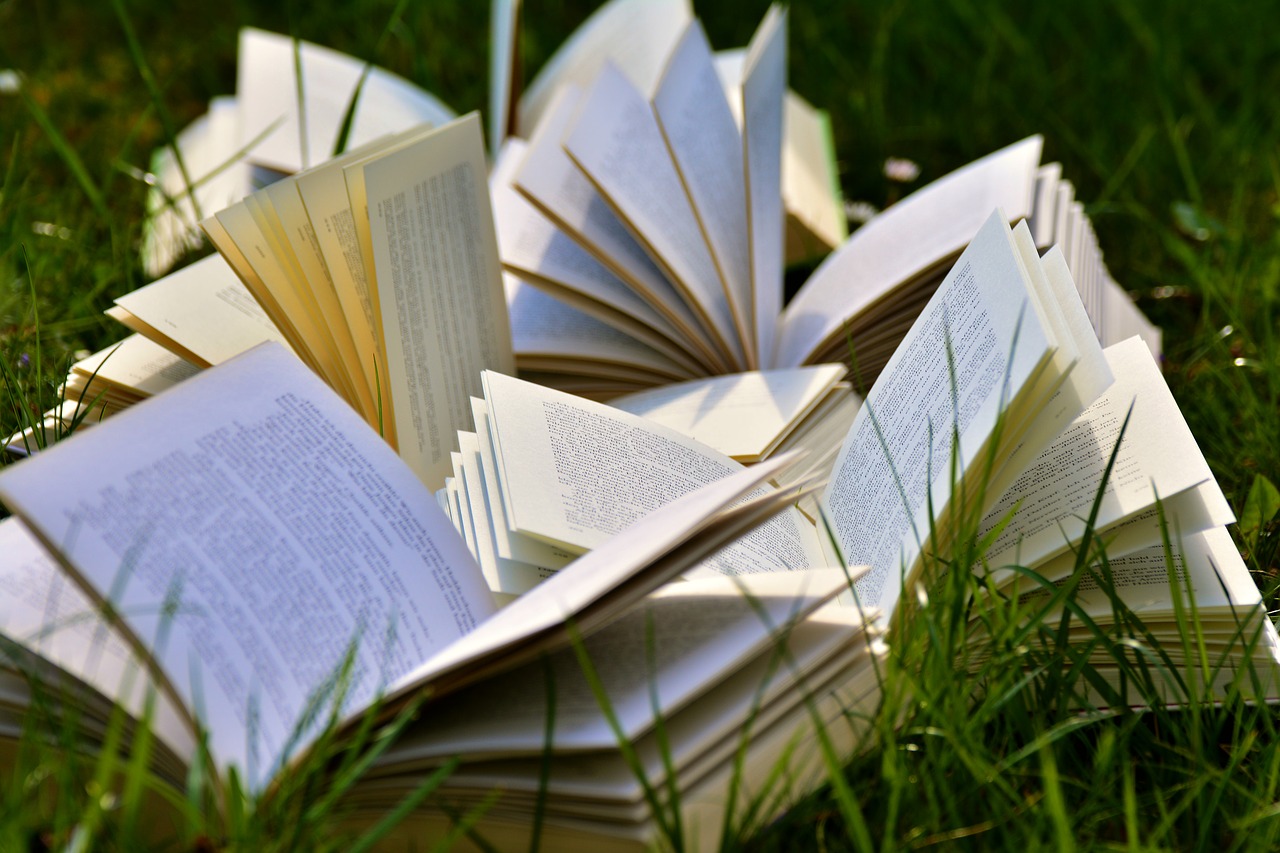
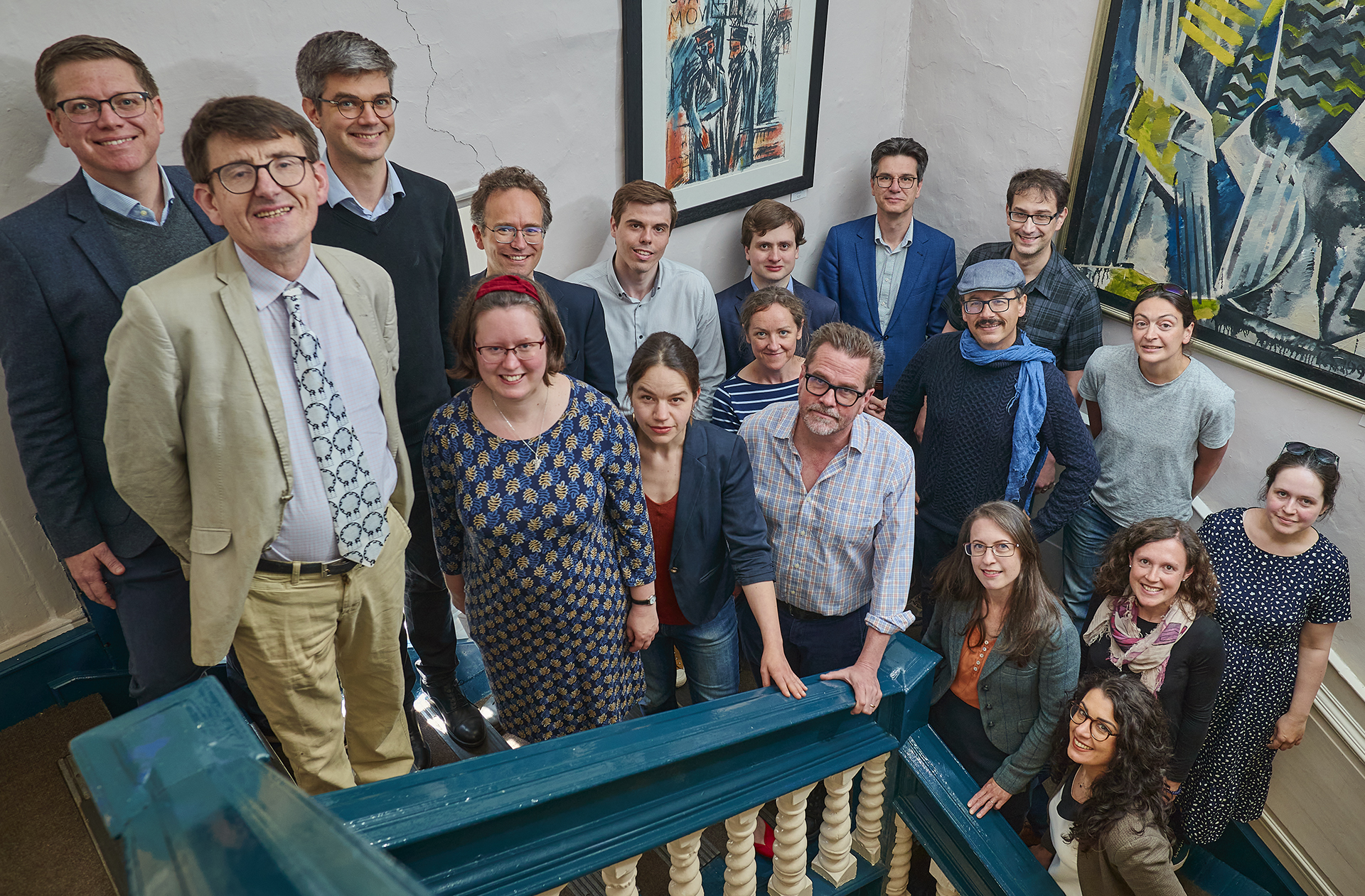
/prod01/prodbucket01/media/durham-university-business-school/Durham-Cathedral-drone-shot-.png)
/prod01/prodbucket01/media/durham-university/departments-/classics-and-ancient-history/59377.jpg)
